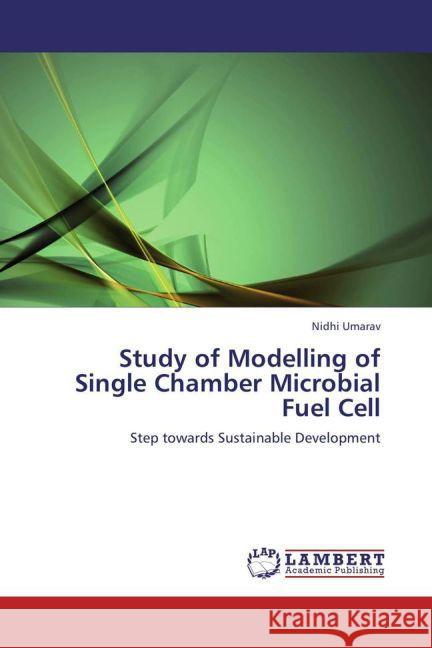Study of Modelling of Single Chamber Microbial Fuel Cell » książka
Study of Modelling of Single Chamber Microbial Fuel Cell
ISBN-13: 9783848414574 / Angielski / Miękka / 88 str.
Due to global environmental concerns and energy insecurity, there is emergent interest to find out sustainable and clean energy source with minimal or zero use of hydrocarbons.Electricity can be produced in different types of power plant systems, batteries or fuel cells.Bacteria can be used to catalyze the conversion of organic matter into electricity. There are multiple physical, chemical and biological factors that interact and play a role in determining microbial fuel cell performance. Modeling of a microbial fuel cell system is a valuable tool for investigating system parameters with reduced time and money, as models can be easily modified to simulate various configurations and operating conditions.In this study, the model formulation is simplified with lump parameters of the fuel oxidation. The anodic chamber of a microbial fuel cell operates at anaerobic conditions. Model calculations evaluate the effect of different substrate utilization yields, standard potential of the redox mediator, ratio of suspended to biofilm cells, initial substrate and mediator concentrations, mediator diffusivity, mass transfer boundary layer, external load resistance etc.











